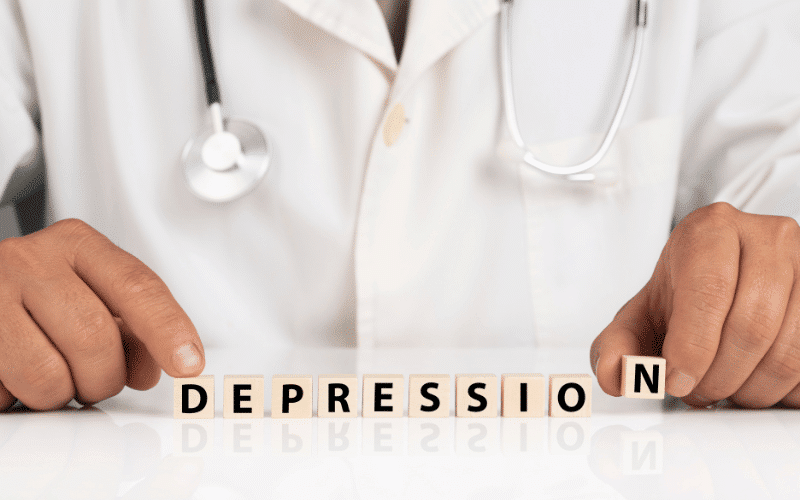Indicator 7: Mood Changes and Depression

Lewy Body Dementia (DLB) can significantly impact an individual’s emotional and psychological well-being, with common symptoms including mood changes, depression, and anxiety. Depression in DLB is not solely an emotional response but can be a symptom of the disease itself, as the protein deposits affecting memory and motor functions also impact mood regulation in the brain. This type of depression can manifest as persistent sadness, hopelessness, loss of interest in activities, social withdrawal, and physical symptoms such as appetite and sleep changes.
Depression often precedes other symptoms in DLB, emphasizing the importance of recognizing early-onset depression in older adults as a potential sign of a neurodegenerative disorder like DLB. Another emotional symptom commonly observed in DLB is anxiety, which is not simply a reaction to cognitive symptoms but a direct result of brain changes. Anxiety in DLB may present as chronic worry, restlessness, or panic attacks.
The connection between DLB and these mood changes underscores the need for a comprehensive approach to diagnosis and care. It is crucial to view these symptoms as integral parts of the disease rather than mere reactions to cognitive or physical changes. (7)